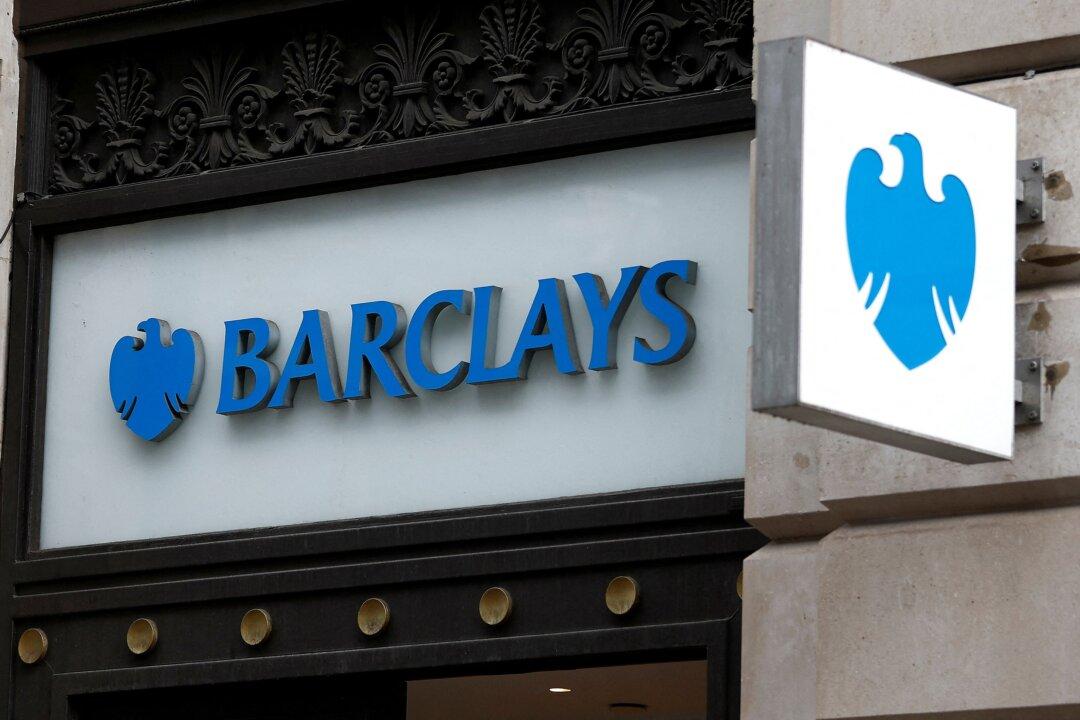Barclays can’t be held responsible for a customer’s request to transfer £700,000 to fraudsters, the Supreme Court ruled in a closely watched case.
A lawyer said the landmark ruling may have stopped “a flood of litigation” against banks by victims of Authorised Push Payment (APP) fraud, which has become one of the most significant types of fraud in the UK and globally.





